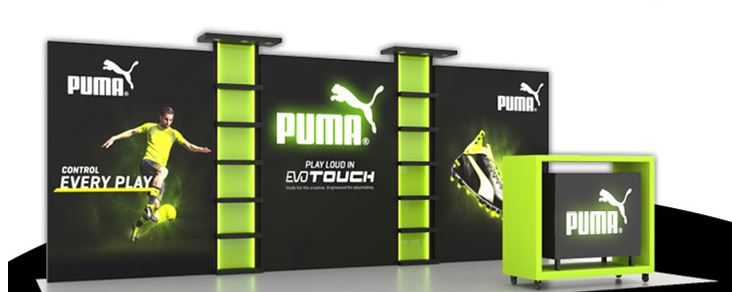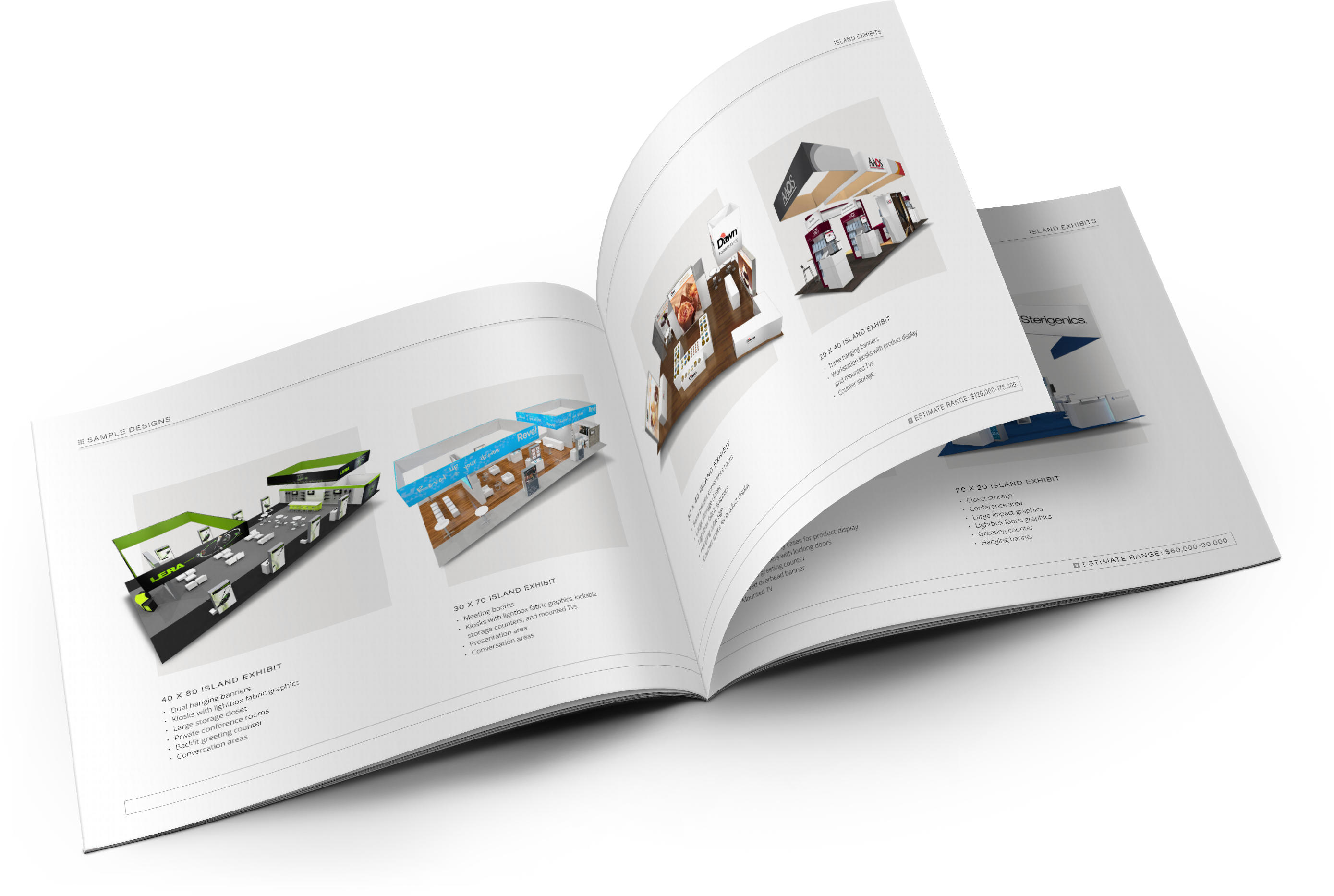Memorability has a ripple effect across your sales career. Put yourself in the buyer’s shoes. You’ve almost decided between two similarly priced products with nearly identical features. One of the reps you’re working with has a distinct personality and style, while the other is pretty “meh.” You’ll establish a stronger rapport with the first gal. You’ll give her more information and maybe access to other stakeholders. And when it’s decision time, she’s the one you’ll give your business to.
Over the last 10 years at HubSpot, I’ve witnessed prospects call their salesperson back to re-engage in the sales process -- months and sometimes several years after they first connected with them. The sales rep listened to them, analyzed the situation and likely didn’t push to close, but may have helped the prospect diagnose a problem. For whatever reason, the buyer decided not to finalize the deal or start the relationship, but they absorbed the material. When they moved from educational mode to consideration stage ... BOOM, they called back the person they had been working with.
- “Do you remember me?”
- “We talked in 2010?”
- “This is Chip from Springfield, Ohio.”
That’s the power of being memorable.
So if you can identify and use your memorable attributes to your advantage, you’ll be ahead of the game. This comprehensive guide is designed to help you master the art of memorability and personal branding in the sales process.
Who is this guide for?
Before I jump in, one caveat to our readers. If you’re still ramping up in your sales role, I suggest bookmarking this post and coming back to it in six to nine months. You shouldn’t focus on becoming memorable until you’re comfortable with your company, products, sales process, personas, and typical pain points. Intermediate to advanced salespeople, on the other hand, have already mastered the fundamentals and may be ready to take your game to the next level.
When my editor Aja and I started this blog article, we spent a lot of time noodling on the question:
“What makes a person memorable?”
Memorable people give you a strong reaction. You hear their name, and you have an immediate response: You smile, nod in respect, roll your eyes, or even frown.
Being memorable requires figuring out which habits and character traits make you unique in a positive sense and showcasing them so that you differentiate yourself.
Figuring out your memorable attributes
Sometimes, it’s easy to figure out what makes you unique. I tend to speak fast and loud, no matter what time of day it is. Hit me up at 5:30 AM and I am already an excitable boy, I’m also reasonably enthusiastic, quick to laugh, and always ready with a relevant story (or two!)
While some people find these traits annoying (just talk to my beautiful wife or my teenage daughter Sally) many people appreciate those qualities and remember me because they are relatively distinctive.
Obviously, you don’t want to be memorable in a negative sense. We’re shooting for the type of memorability that leads to smiles, positive endorphins, and potential deals, rather than scowls.
If you can already come up with three to five quirks that make you memorable, awesome. But if you can’t, here are a few exercises to try.
First, ask your coworkers, friends, and/or family members these questions:
- What’s unique about me?
- What are the top three things that make me different?
- When you say my name, what do you think of?
- What are my best characteristics?
- Which adjectives would you use to describe me?
Next, read your LinkedIn endorsements, looking for common themes. Maybe two of your former managers mention your willingness to hop on late calls, or how calm you stay in high-pressure situations. Remember, you are simply looking for consistent characteristics that you may be unaware of.
Lastly, think about what you do over and over during your interactions with other people. Are you constantly cracking jokes? Are they the same jokes? (This is not necessarily bad -- I have been telling the same jokes for 10 years.) Sharing interesting facts you read about? Offering an optimistic perspective?
Once you’ve honed in on several unique traits, you’re ready for the next step.
Reinforce your personal brand
Consistency is a major part of being memorable. Now that you know what’s already making you stand out, double down on that habit or trait.
To give you an idea, my former editor Leslie Ye (who now works on HubSpot’s Sales Acquisition team), became known at the company for always sharing updates on our wiki in Slack. Someone would publish a wiki post Leslie thought our team should know about it, and she’d put it on Slack within 10 minutes. Now we call her the Wiki Queen. She also taught me how to binge-watch Netflix, but that's another blog article.
I’m known for my big energy, funny analogies, and fist bumps. The big energy is natural, and the analogies are just humorous things I have made up over the years. And the fist bumps? Back in 2008, I was working with a bunch of millennials. One of them gave me a fist bump. I thought it was cool and adopted it as an unusual thing to do for two weeks. Then I went back to the traditional handshake. But my team was incensed, demanding I bring it back. Now I’ve been fist bumping instead of handshaking for nine years, and people expect it.
The bottom line: Reinforce your quirky habits or traits as often as possible, in as many situations as possible and you have a memorable persona.
How to be memorable throughout the sales process
I know what you’re thinking.
“Okay, that’s great Tyre. But my prospects don’t care about the wiki. How do I use these tips to win more deals?”
I’m glad you asked.
Because you’ll be interacting with a variety of people, it’s important to consider the specific prospect and what THEY are looking for. Selling in 2017 is buyer-centric. Look at their LinkedIn profile and social media to get an idea of the type of person you are working with. Do they seem like a yukkster, or are they relatively straightlaced maybe not attuned to shenanigans? The more personality they express, the more likely they are to appreciate yours. If they look pretty straightlaced, it is probably better to deliver your message with that in mind.
Prospecting
Give your emails some personality to help them stand out. Let’s say your nickname is “The Dude.” Why not sign off your emails as “Richard Doe, a.k.a. The Dude”? Alternatively, use a GIF or meme that expresses your sense of humor -- just keep it work-appropriate, of course.
These days, I also love intro videos. Film a 15-second video talking about who you are and sharing two or three fun facts. To give you an idea, Aja’s might sound like this: “Hi, I’m Aja Frost, and I edit the HubSpot Sales Blog. My hobbies include going to restaurants and trying the weirdest items on the menu, reading articles about business and technology, and asking hypothetical questions.”
You can use GoVideo, Loom, or Soapbox, which are free and easy to use.
Social media is a prime platform for showcasing your personal brand. Add one memorable fact to your bio, such as, “I’m a mixologist on the side” or “I’ve lived in 10 countries.” This lets prospects see you as more than just a salesperson and gives you a talking point when you connect. You can also add commentary when you share content on LinkedIn, Facebook, and Twitter, rather than simply sharing links. You might write, “This article was interesting because of X and Y” or “I could relate to this point.”
Finally, if you still use business cards, consider incorporating your personal brand into their design. I want to add the fist bump emoji to mine. Wouldn’t that be sweet?
Qualifying and Demoing
Play up your professional attributes during your sales calls and meetings. It’s much easier to do this if you’re using a video conferencing tool (we like Zoom at HubSpot), so you can see your prospect and vice versa.
Take Sam Moorhead, who’s memorable thanks to his extreme focus. When prospects get on a Zoom meeting with Sam, he’s very clearly engaged, prepared, and in command. His energy is both impressive and distinctive.
When I’m on a call, I’m typically cheerful and loud (but not so loud I hurt anyone’s ears). I try to make people laugh -- either by telling a story or cracking a joke. I also pay them genuine compliments, which strengthens our rapport and shows them I’ve noticed their strengths.
As you can see, Sam and I have completely different personal brands. During the relationship-building stage of the sales process, it’s important to stick to your own brand.
Negotiating
I recommend toning it down during the negotiation process. You don’t want to turn into an entirely different person, but it’s important to be professional since this is an important business transaction. Even if I began a negotiation by fistbumping my prospect, I probably wouldn’t crack too many jokes while we discussed the terms.
Your gut-check should be: “If my sales manager was listening in on this call, would they think I was taking things too far?”
Written by Dan Tyre @dantyre - https://blog.hubspot.com/sales/how-to-be-memorable






